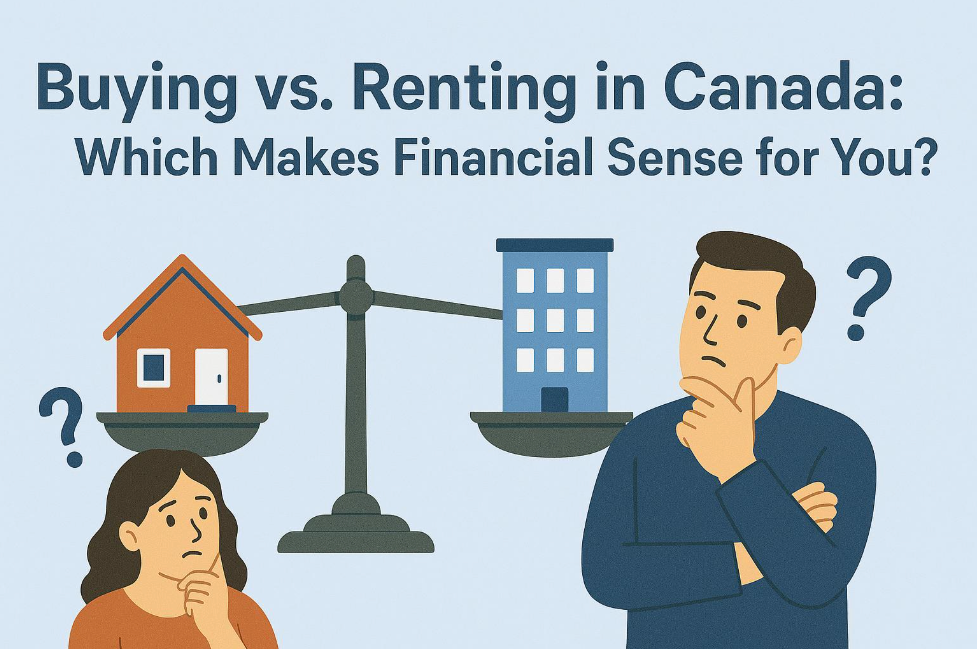4 Things That Will Kill Your Mortgage Approval… Prior to Getting the Keys to Your New Home

You found your dream home and have an accepted offer. You supplied all the needed documentation to your mortgage broker & LENDER, and you are waiting for the day that you go to the lawyers to sign the final paperwork and pick up your keys on possession day...
Suddenly your lawyer calls to say that there is a problem. Why is this happening? Everything has been signed and conditions have been removed.
What many home buyers do not realize is that your financing approval is based on the information the lender was provided at the time of the application. If there have been any changes to your situation, the lender is within their rights to cancel your mortgage approval.
Short Version: It is critical that you maintain the same financial position that you were in when you applied for your mortgage. The lender reserves the right to withdraw financing if your financials change and you no longer qualify for the mortgage. In other words:
- don’t apply for any new credit & don’t have your credit bureau run again (in case it lowers your score)
- don’t make any big purchases and increase your debts from what they currently are.
- make sure that your employment situation stays the same.
- make all your payments on time!
Longer version: Here are 4 things you absolutely must avoid to ensure that you get financing for your dream home.
- Credit – Hard inquiries on your credit bureau could impact your credit score, including a new credit card (or 2) could lower your credit score.
- BLOG 8 Credit Rules You Need to Know, Before You Buy a Home
- BLOG Solving the Puzzle – 5 factors used in determining your Credit Score
- Debt - A week or two before your possession date, the lender can obtain a copy of your credit report and look for any changes to your debt load. Your approval was based on how much you owed when you applied. Buying a new car or items for the new home need to be postponed until after you take possession of your new home.
- Don’t be fooled by “Do not pay for 12 months” sales campaigns. You now owe this money regardless of when the payments start. Don’t buy a new car and don’t buy furniture for the new home. This will increase your debt ratio and could nullify your financing.
- Don’t Co-Sign loans for someone else
- BLOG Would a Co-Signer Enable You to Qualify for a Mortgage?
- Before making any decision on a large purchase, check with your Mortgage Broker. You need to ensure that your mortgage affordability still works with the additional debt.
- Changing Jobs
- There are many opportunities that some with a new job, however before deciding to change your employment situation, keep the following in mind:
- Quitting/being terminated from your job. Lenders want to ensure you can afford your mortgage up until your possession date. If they find out you no longer have employment income and can’t afford your mortgage payments, they can pull your mortgage funding.
- If you are accepting a new position, you need to check if you will be on probation. Mortgage lenders typically will NOT accept employment income until you’ve passed probation.
- If your income situation is changing
- i.e. bonuses, overtime & commissions, lenders typically require a 2 year history to prove the additional income is ongoing, before including them with your annual income.
- If you are considered a contractor or self-employed – you must provide 2 full calendar years history (plus your Notice of Assessment tax returns). BLOG Self Employed?? Here’s What You Need to Know About Mortgages
- Making Late Payments
- While waiting for your mortgage to complete, make sure you pay all your debts on time!
- The lender can run your credit bureau anytime up until possession date… if they see a lower credit score and/or you’ve missed payments or increased your debt load they can pull your mortgage funding.
Getting approved and staying approved for a mortgage does not have to be difficult – you need to work with your mortgage broker to ensure there are no surprises.
Mortgages are complicated, but they don’t have to be… Engage an expert!
Kelly Hudson
Mortgage Broker
Mortgage Architects
Mobile: 604-312-5009



Let's do this together.
Sign up to our newsletter
Thank you for contacting me.
I will get back to you as soon as possible
Please try again later
All Rights Reserved | Mortgage Architects



